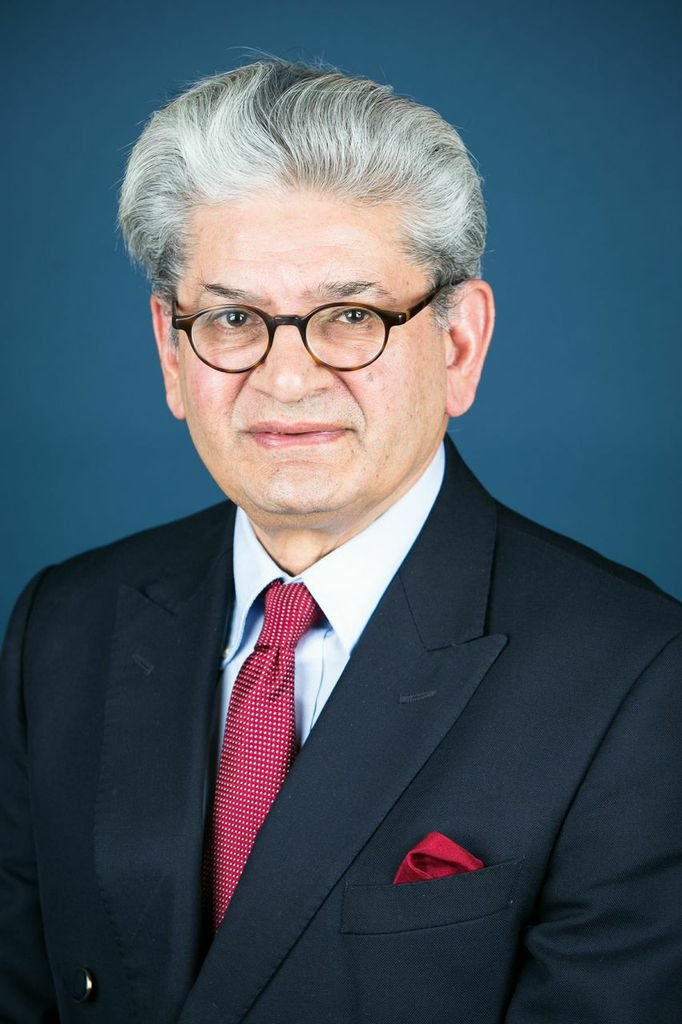In the last two decades, a steady increase in the protection of intellectual property (IP) has taken place in both developed and developing countries. While in the former, such an increase was induced by internal demands of various industries (namely pharmaceuticals, entertainment, computer programs, semiconductors), in the case of the latter it was mainly the result of coercion and pressures exerted by foreign governments and industries rather than the result of local demands (Sell 2007).
One of the principal tools employed to obtain increases in the levels of IP protection in developing countries has been the inclusion of detailed chapters on the subject of free trade agreements (FTAs), in exchange for the promise–often unrealized–of increased foreign direct investment and technology transfer, and of an improved trade balance with the developed countries’ partners in the FTAs. The IP provisions in FTAs may contribute to an increase in inequality both between and within countries, as they limit the capacity of governments to regulate commercial conduct that may have adverse economic and social effects.
While noting the dearth of empirical evidence on the general economic and social impact of FTAs in developing countries, a recent report concluded that “[t]here is limited evidence that FTAs can encourage investment, technology transfer and firm upgrading, which is valuable because of the importance of supply capacity” (Stevens et al. 2015).
However, in accordance with estimates by the U.S. International Trade Commission, FTAs entered into by the U.S. “had a significant positive effect on U.S. bilateral trade balances. The agreements increased U.S. bilateral trade surpluses or reduced bilateral trade deficits by $4.4 billion per country per year on average, and by $87.5 billion per year in total (59.2 percent) in 2015”.
 Carlos Correa
Carlos Correa
 Arjun Jayadev
Arjun Jayadev Akbar Noman
Akbar Noman Joseph Stiglitz
Joseph Stiglitz